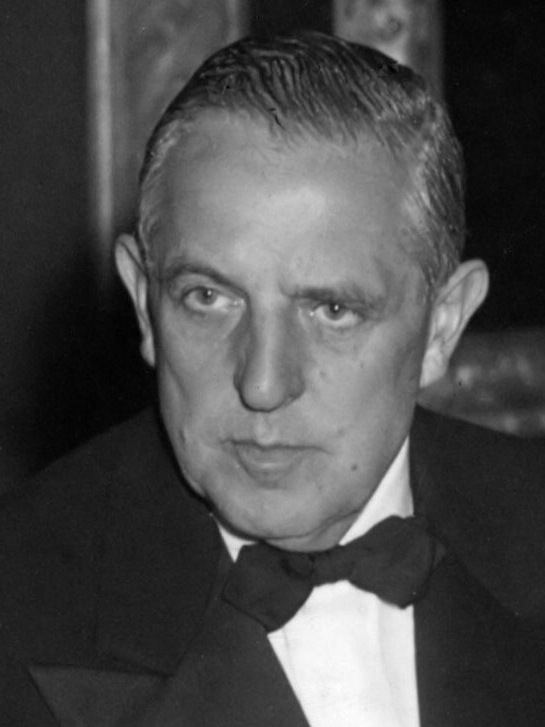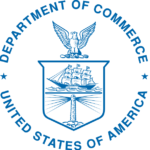Paul G. Hoffman
- Nationality
- U.S.A.
- Date of Birth
- 1891
- Date of Death
- 1974
- Political
Preference

Paul G. Hoffman was one of America’s leading businessmen, born in 1891. He was a self-made man who became successful in the car industry. As a car-dealer for Studebaker Cars, he first became a millionaire by 1925. Climbing through the company’s ranks during the latter half of the 1920s, he became the President of Studebaker in 1935. His managerial style was atypical for the time, as he always kept an eye out for the social conditions of workers, paid them good wages, offered them job security and even encouraged them to join a labour union.
During the 1930s Hoffman emerged as one of the leading liberal businessmen. He was a strong believer in the tenets of American capitalism and free enterprise, but rejected capitalists who searched for ‘exorbitant profits’ – he even flirted with Keynesianism.
At the outbreak of the Second World War, Hoffman urged U.S. business leaders to align themselves with the government in preparation for war. For the purpose of thinking about the post-war challenges to the U.S. economy, Hoffman founded the Committee for Economic Development (CED) in 1942. The CED was a coalition of business, government and academia geared to increase productivity and employment.
After the war, Hoffman was increasingly concerned about the prospects of economic collapse – due to the transition from a wartime economy to a peacetime economy. He therefore supported agreements aimed to foster international trade (such as the Bretton Woods agreements of 1944), for such agreements would increase U.S. capability to export its production surplus to other countries.
In 1947, Hoffman joined the President’s Committee on Foreign Aid, where he headed the Manpower Subcommittee. He subsequently served as the Administrator of the Economic Cooperation Administration (ECA), which oversaw the Marshall Plan. In this role, Hoffman encouraged the members of the Organisation for European Economic Cooperation (OEEC) to integrate their economies. In October 1949, during a famous speech in the OEEC, Hoffman called for ‘economic integration’ in order to break the ‘vicious cycle of economic nationalism’. Eventually, this speech was an important impetus for the OEEC to move on with their projects for trade liberalization and the multilateralization of payments. In November and December 1949, the first proposals for a European Payments Union (EPU) were brought to the attention of the OEEC Council.
After his career with ECA, Hoffman served as President of the Ford Foundation (1950-1953) and at the United Nations Development Programme (1966-1972).


